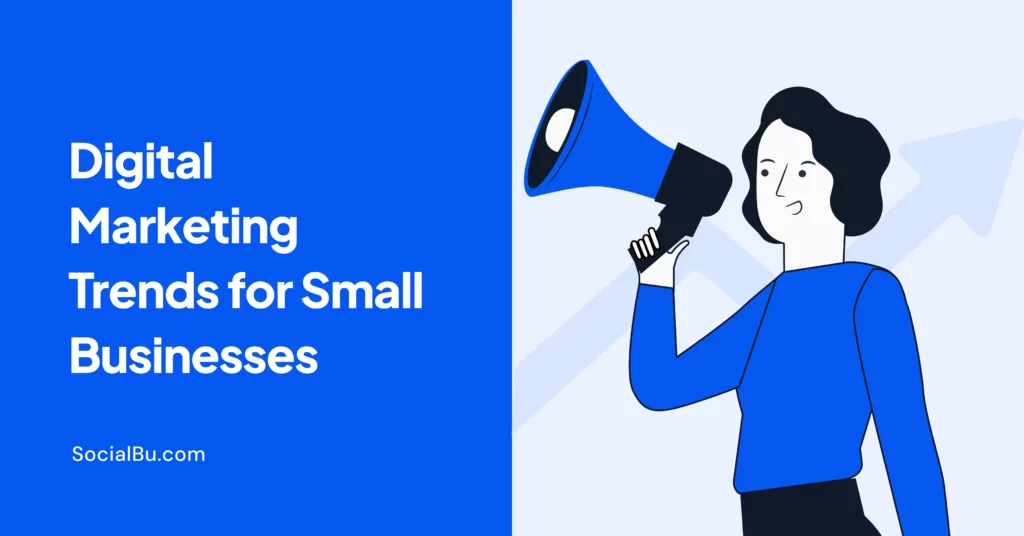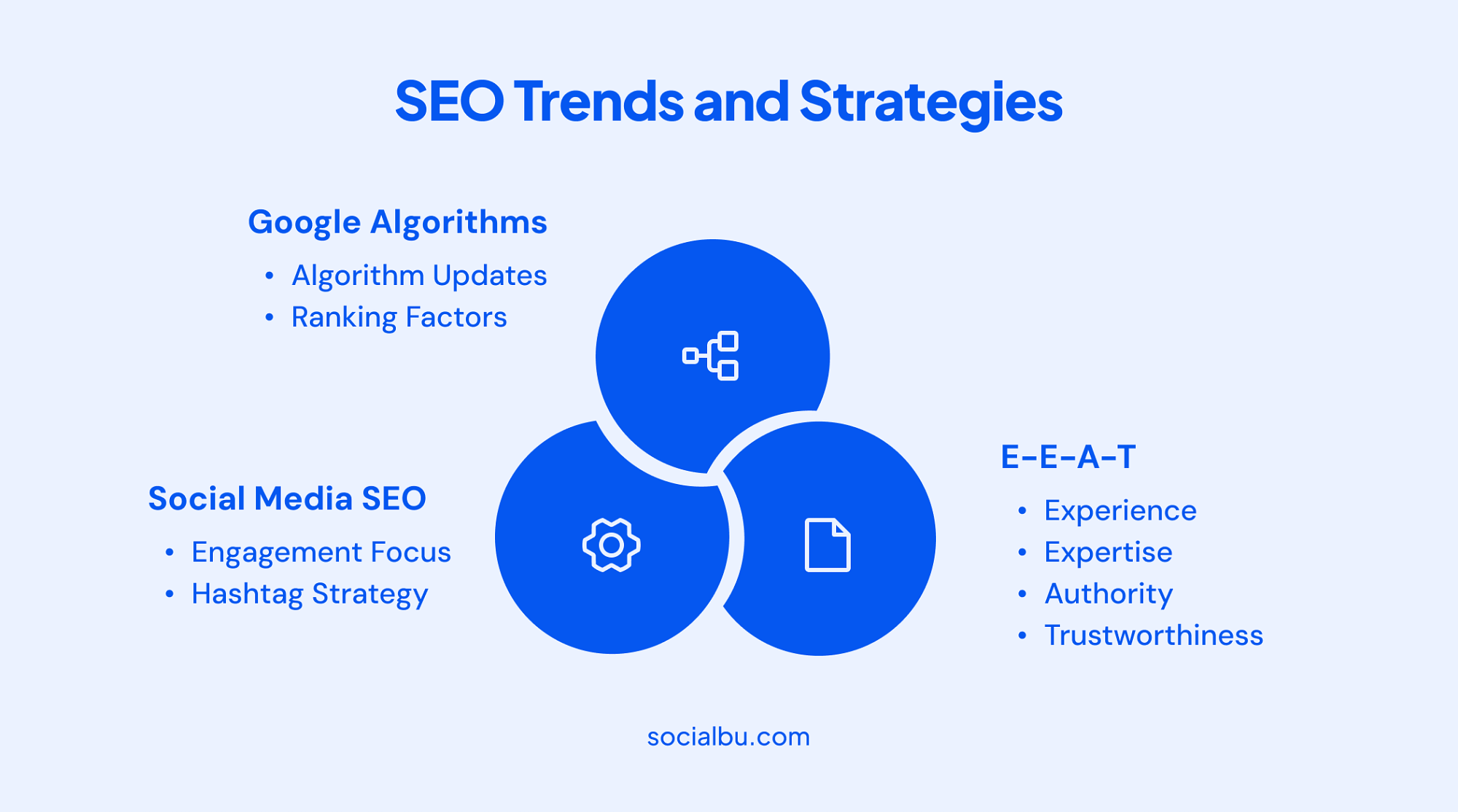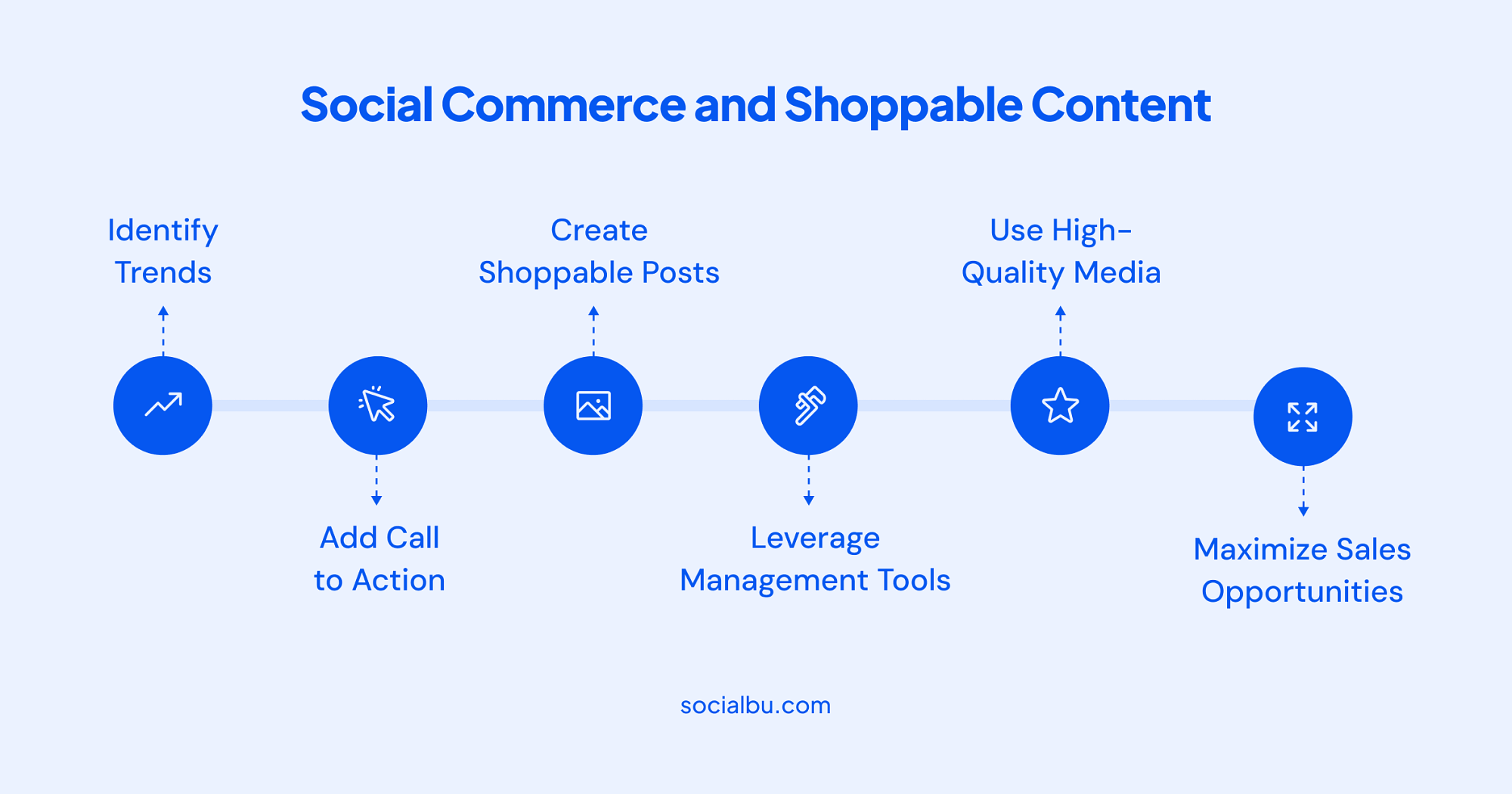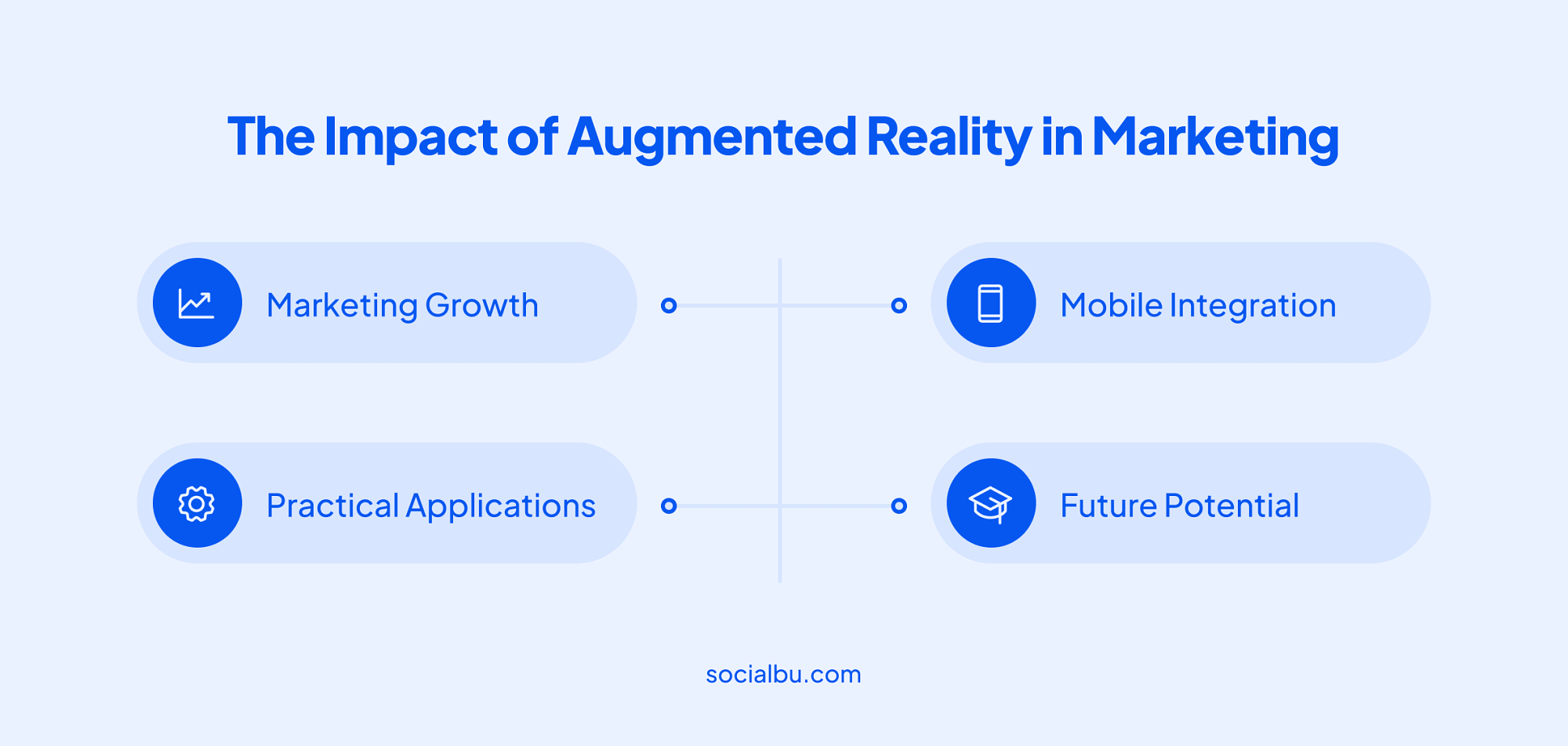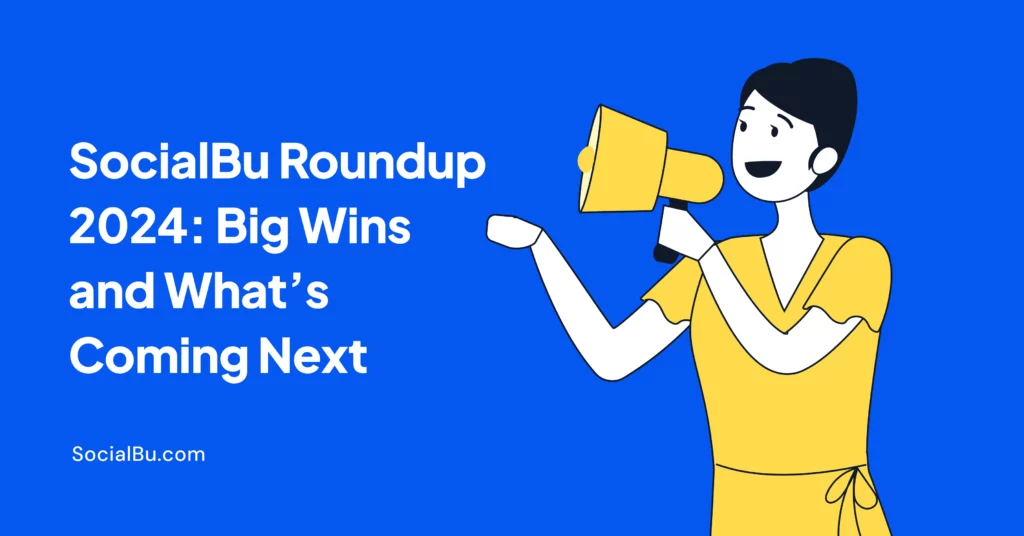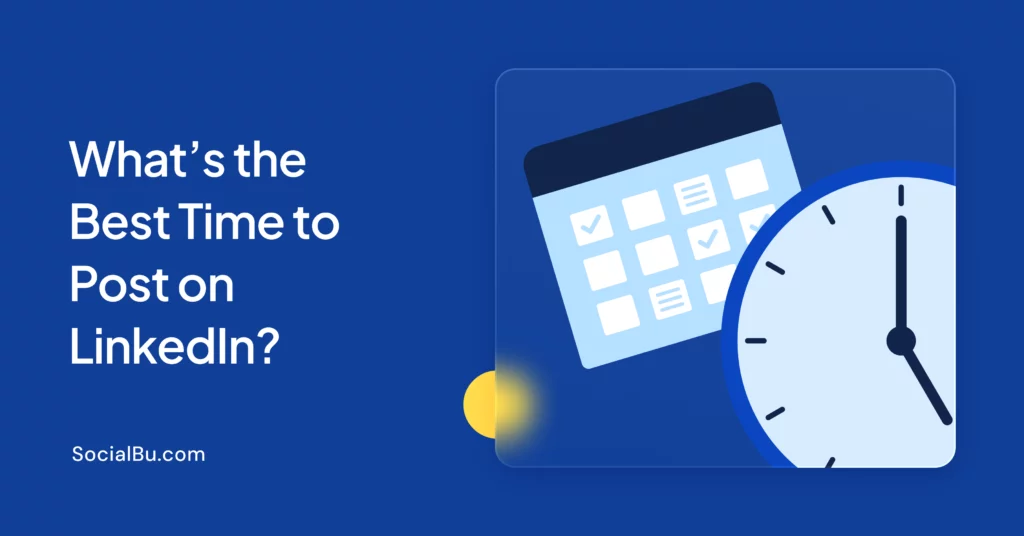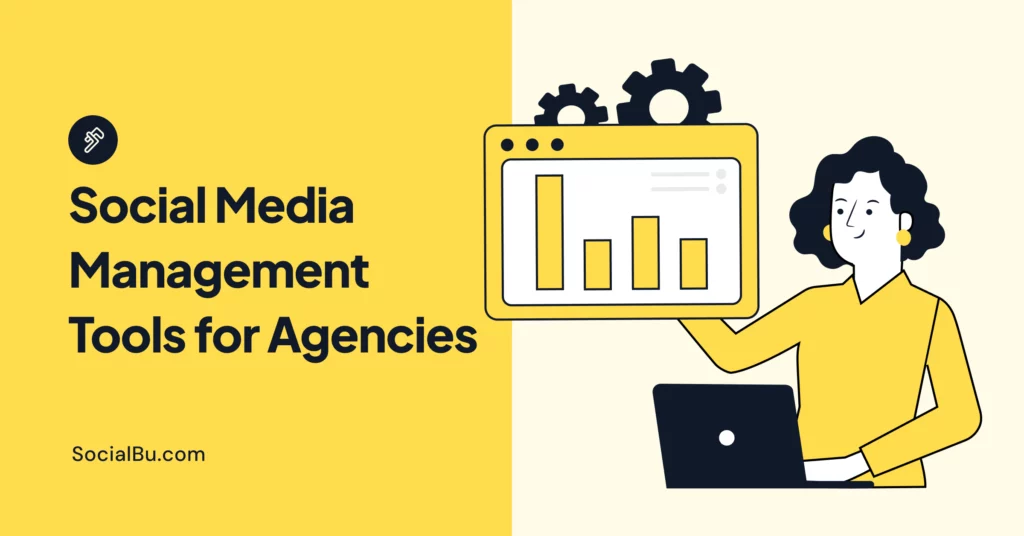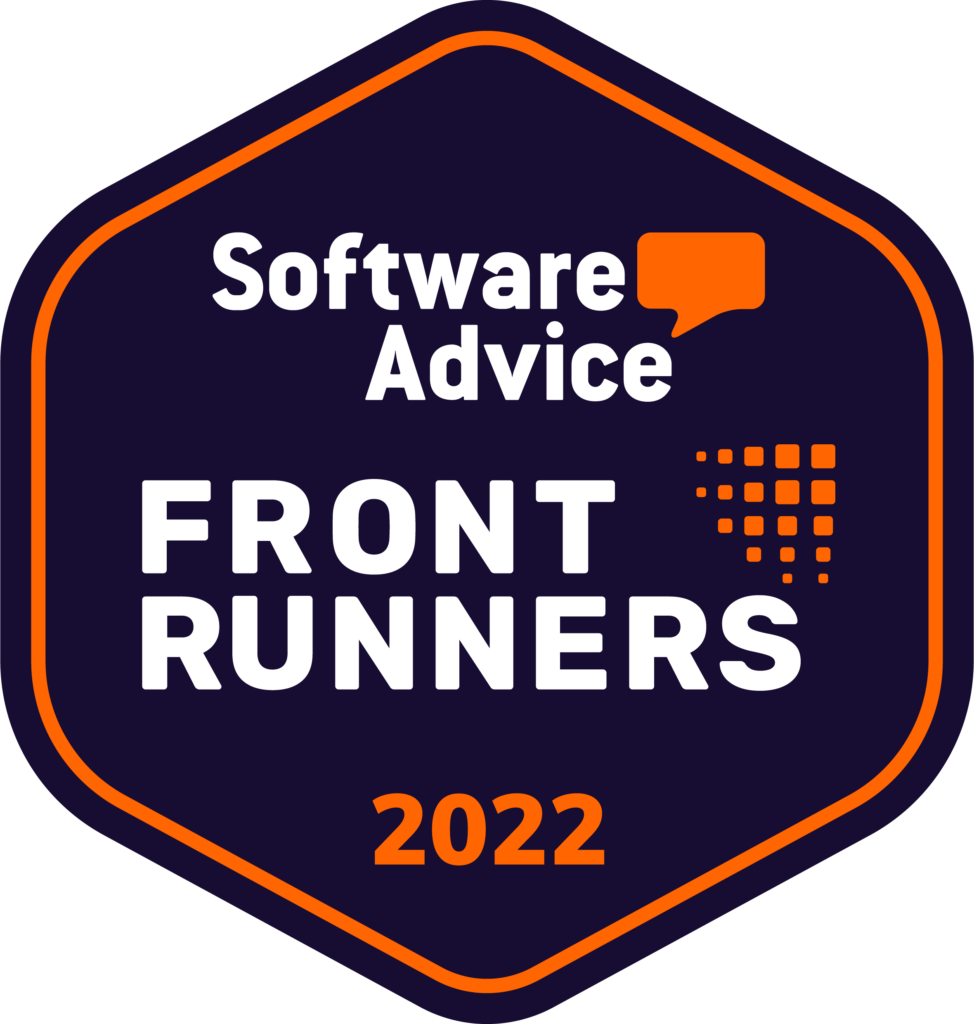The digital marketing world constantly evolves, and small businesses often struggle to keep up with the latest trends. What worked last year might not be as effective today.
Falling behind on the latest trends can mean losing potential customers, missing valuable engagement opportunities, and struggling to compete with more prominent brands. Small businesses risk investing in outdated methods that yield minimal returns without the right approach.
To help you stay ahead, we’ve compiled the 15 latest digital marketing trends for small businesses. From AI-powered personalization to voice search optimization, these trends give your brand the edge it needs in today’s competitive landscape.
Let’s dive in!
Importance of Digital Marketing for Small Businesses
Digital marketing has become the backbone of small business growth. It’s not just about being online—it’s about understanding your audience, personalizing your approach, and delivering value at every touchpoint.
By carefully using digital marketing and the latest trends, small businesses can understand their customers’ online habits. This allows them to target their focused audience better and convert them into customers.
There is no denying the truth that a successful digital marketing strategy gives small businesses more conversions and helps them expand their business. As a result, the revenue and popularity of the small business increases, which is their ultimate goal.
15 Latest Digital Marketing Trends for Small Business
Here are the 15 latest digital marketing trends for small businesses;
1. Social Media Management & Automation
Social media remains a critical channel for engagement, but managing multiple platforms can be time-consuming. With 96% of small businesses investing in social media, the competition may be even more intense.
As more and more businesses come online, competing for the same customers’ attention, the resources required to do so will become even more expensive (in terms of personnel and ad spending).
This is where social media automation comes in. Tools like SocialBu allow businesses to schedule posts, automate replies, and analyze performance—all from a single dashboard.
With features like post-scheduling, generating content, and team collaboration, SocialBu ensures your social media presence is consistent and engaging.
Automation saves time and helps you stay active on social media without being tied to your desk. For example, you can schedule a week’s content in advance, ensuring your audience stays engaged even during busy periods.
2. Artificial Intelligence
Artificial Intelligence is transforming digital marketing, making it easier for small businesses to deliver personalized experiences at scale. From chatbots to predictive analytics, AI is revolutionizing how businesses interact with customers.
For instance, AI-powered chatbots can handle customer inquiries 24/7, providing instant responses and improving customer satisfaction. Tools like SocialBu leverage AI to analyze customer behavior, helping you create highly targeted campaigns that resonate with your audience.
AI in digital marketing also helps with ad targeting and budget optimization. By analyzing real-time data, AI can identify the best-performing ads and allocate your budget accordingly.
This ensures you get the most bang for your buck, especially for small businesses with limited resources. And as AI evolves, expect even more sophisticated tools that make marketing more competent and efficient.
3. Short-form Video Content
Short-form content has taken the world by storm with the introduction of TikTok and Instagram reels. The way people consume video content is changing, and fast-paced videos are rapidly capturing the content landscape.
Due to the decline in attention spans, it has become a ‘need of an hour’ to captivate users quickly. Adding short content to your social media approach can win over audiences in seconds. Short-form media quickly grabs attention with engaging visuals, music, or intriguing text.
Moreover, quick storytelling lets brands create emotions, build curiosity, or inspire actions on platforms like TikTok and Instagram reels, increasing social media engagements.
Therefore, Businesses that embrace short-form video content will have a competitive edge as these platforms continue to grow in popularity.
4. Voice Search Integrations
When looking at the top 5 digital marketing trends, voice search integrations are making their mark. These trends are here to stay as people continue to use voice search to find information online.
For instance, with tools such as Alexa, Siri, and Google Assistant, more users rely on voice search to find information online.
In addition, the PwC report shows that 65% of 25-49-year-olds talk to their voice-enabled devices at least once daily.
Global smart speaker sales have reached an all-time high of 150 million units sold and are expected to grow rapidly in the coming years. According to Global Market Insights, they will surpass $30 billion this year.
Moreover, focus on natural language and long-tail keywords to optimize for voice search. For example, instead of targeting “best coffee shop,” optimize for “Where can I find the best coffee shop near me?”
5. SEO
SEO remains a cornerstone of digital marketing, and it’s becoming more sophisticated. With Google constantly updating its algorithms, small businesses must stay on top of the latest SEO trends to maintain online visibility.
One of the latest digital marketing trends is Google’s E-E-A-T (Experience, Expertise, Authority, Trustworthiness). Google emphasizes content that demonstrates these qualities, so creating high-quality, authoritative content that resonates with your audience is essential.
Regarding SEO on social media, trends, and algorithms are ever-changing. Platforms like Instagram are moving away from prioritizing hashtags and towards prioritizing content that sparks conversations and drives engagement.
To explore Instagram SEO strategies, check out our detailed guide: “Instagram SEO 2024: 7 Tips to Increase Your Reach”.
6. VR and 360-degree Content
Companies such as Meta set usage trends for consumers. To do that, they determine what technology and interests are currently prevalent.
Virtual Reality (VR) and 360-degree content are future digital marketing trends that are becoming more accessible, offering businesses a unique way to create immersive experiences that captivate their audience.
For example, a real estate business can use VR to offer virtual property tours, while a retail store can use 360-degree videos to showcase products from every angle.
While these technologies may seem out of reach for small businesses, they are becoming more affordable and easier to implement. VR-ready content or such applications will give businesses a first-mover advantage when VR Content becomes mainstream in their respective sector.
7. Social Commerce and Shoppable Content
Social commerce is revolutionizing online shopping, making converting social media engagement into sales easier.
Platforms like Instagram and Facebook now allow users to purchase products directly from posts. To take advantage of this trend, you can create shoppable posts that showcase your products visually appealingly.
To market your products, you can use high-quality images and videos and add clear calls to action to encourage purchases.
Leveraging a social media management tool like SocialBu allows you to schedule shoppable content seamlessly. For example, you can schedule a series of shoppable posts or create a content calendar when your products go live, maximizing your chances of making a sale.
8. Personalization
Another revolution that digital marketing brought is the high level of personalization in the marketing approach.
Small businesses can personalize their content on digital media by always considering their target users and setting up systems to cater to their individual needs.
One of these mechanisms can be the post-click landing page platform full of persuasive elements, personalized offers, or dynamic content to boost your conversion rates.
Another method is to use behavioral data to personalize your marketing efforts and create targeted campaigns that resonate with your audience. For example, you can segment your email list based on customer preferences and send personalized offers that drive conversions.
9. Digital Analytics
In the age of data-driven marketing, digital analytics isn’t just a tool—it’s the backbone of every successful strategy. With 90% of businesses citing analytics as critical to their decision-making, small companies can’t afford to fly blind.
But analytics isn’t just about numbers—it’s about actionable insights. A/B testing helps you refine ad copy, optimize landing pages based on bounce rates, or reallocate budgets to high-performing channels. To better guide your testing and design decisions, make sure to explore what exactly makes a high-converting landing page.
Moreover, SocialBu’s analytics tools provide insights into what works and does not, allowing you to refine your strategy and maximize ROI.
SocialBu allows access to comprehensive reports and graphs, helping you make smarter, data-driven decisions.
10. SERP Prime Position
Securing the SERP Prime Position, or Position 0, is a game-changer for small businesses aiming to dominate search engine results. This coveted spot appears above all organic listings in Google’s featured snippets, making your brand the first—and often only—destination users click.
With 72% of clicks going to the top three search results, Position 0 isn’t just about visibility—it’s about authority and trust. To win this prime real estate, you can create FAQ-style content that directly answers user queries.
Use concise, structured answers (bullet points, tables, or step-by-step guides) and target long-tail keywords like “how to [solve problem]” or “best [product] for [audience].”
However, ranking for Position 0 isn’t just about content but technical optimization. For that, ensure your website is mobile-friendly, loads in under 2 seconds, and uses schema markup to help Google understand your content
11. Influencer Marketing
The online equivalent of word-of-mouth marketing, influencer marketing leverages your brand’s partnerships with community leaders and activists to broadcast your message to a large audience.
Influencer marketing is one of the most successful digital marketing trends because it benefits both the company and the influencer. In the digital era, people loyally follow their influencers and are ready to buy anything they recommend.
Brands have been elevating product/service sales and becoming big shots using influencers’ trustworthiness.
Influencer marketing is beneficial for the influencer and the brand, and with the ever-rising popularity of social media platforms, this trend is here to stay for many upcoming years.
Want to stay ahead in viral marketing? Read our expert guide: “Viral Marketing in 2025 – Strategies for Marketers”
12. User-Generated Content (UGC)
Like influencer marketing, user-generated content is another recent digital marketing trend that is gaining relevance for many reasons.
People want to participate in activities related to their favorite products or services. User-generated content excites customers and prompts them to create something with the product and share it with the world.
The principle of trusting fellow consumers more than the advertising brand is also at play here, which is why customer testimonials are essential for gaining user credibility.
Brands such as GoPro have built their brands’ social media handles on the back of User Generated Content, as visible on their YouTube Page.
13. Augmented Reality Tech
The future digital marketing trends are being reshaped by Augmented Reality (AR), with the global AR market projected to hit $340.16 billion by 2028. Small businesses should be ready to develop their teams and products for this medium.
Mobile AR is already a part of many people’s daily lives. VR is flashy and gets the most media coverage, but AR is the more practical and implementable marketing medium. In the long run, it is even predicted to outrun VR.
Apps such as ModiFace (shown below) use AR to visualize products on individuals’ faces. This allows women and men to see how any product would appear and then compare it with others.
13. 5G Technology
5G technology is set to revolutionize digital marketing trends, catalyzing faster, more immersive, and data-driven strategies. With speeds up to 100x faster than 4G and near-zero latency, 5G is not just an upgrade—it’s a game-changer for small businesses.
5G can introduce billions of new customers from rural areas to the Internet due to its widespread reach while more efficiently and reliably forming the new benchmark for existing Internet users.
With an expected 100x increase in devices connected to the Internet, a massive shift is inevitable, and a market opportunity is coming alongside 5G.
15. Neuromarketing
One of the relatively harder-to-imagine trends on this list, neuromarketing, is one of the most promising and awe-inducing digital marketing trends expected to be seen in the coming year.
For most people who have never heard of this term, neuromarketing is a technique that involves measuring a subject’s brain activity to ascertain precisely which content they find most engaging.
To make it easier to understand, colors, fonts, and imagery that evoke specific emotions in your audience. Understanding what drives your audience’s decisions allows you to craft campaigns that resonate more deeply.
Conclusion
Adapting to digital marketing trends is no longer optional—it’s necessary for small businesses aiming to stay relevant and competitive. From leveraging AI to enhancing social media engagement, embracing these trends can open new doors for customer acquisition and brand awareness.
However, simply knowing the trends isn’t enough; execution is key. For a successful digital marketing strategy, stay informed, test new approaches, and refine your plan based on what works best for your business.
Want to simplify your social media management? Sign up for SocialBu’s free trial today and schedule your posts, track performance, and boost engagement effortlessly.
FAQs
What is the biggest trend in digital marketing now?
The most significant trends in digital marketing currently are artificial intelligence (AI) and personalization. AI allows businesses to personalize their marketing efforts to individual customers, leading to higher engagement and conversion rates.
What is the current or future trend in digital marketing?
AI will heavily influence the digital marketing trend in 2025. It will focus on smarter marketing, AI-assisted marketers, and the integration of AI into search engine results pages (SERPs).
What are the 5 C’s of digital marketing?
The 5C’s of digital marketing are:
- Content: creating valuable, relevant, consistent content to attract and retain audiences.
- Context: understanding how audiences consume information and making marketing efforts relevant.
- Connection: building audience relationships through social media, email, and other digital channels.
- Community: creating a community around the brand by engaging with customers and fostering loyalty.
- Conversion: driving conversions, whether sales, leads, or other desired actions, through targeted marketing efforts.
What is the trend in digital marketing in 2025?
Here are some key trends to watch out for:
- Lack of Dedicated Digital Strategy: Many businesses still don’t have a dedicated digital marketing strategy, which is essential for effective online marketing.
- Digital Maturity: Businesses are expected to increase their digital maturity, with a focus on improving digital marketing capabilities
- Smarter Marketing: With the help of AI, marketers will focus on working smarter, not harder, to achieve their goals.
What is zero-click marketing?
Zero-click marketing gives users the information they need directly in search engine results pages (SERPs) without requiring them to click through to a website.
What is predicted in 2025 for digital marketing?
In 2025, AI-driven personalization, voice search optimization, and immersive AR/VR experiences will dominate digital marketing. Zero-click content and 5G-powered campaigns will redefine how businesses engage with audiences.
What is SEO in digital marketing?
Search Engine Optimization (SEO) is optimizing online content to rank higher in search engine results pages (SERPs), increasing visibility, driving traffic, and generating leads.
Which is the best platform for digital marketing?
The best platform depends on the target audience and marketing goals. Popular options include Facebook, Instagram, LinkedIn, and Twitter.
What is next in digital marketing?
The following big things in digital marketing are:
- Artificial Intelligence (AI) and Machine Learning (ML) will continue transforming the marketing landscape.
- Internet of Things (IoT) will provide new opportunities for marketers to reach customers.
- Extended Reality (XR) will become more mainstream, providing immersive experiences for customers.
